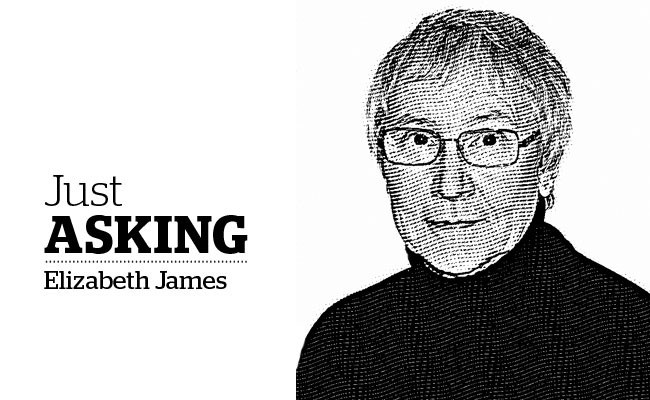“I was sloppy; I said things that weren’t true. ... It was clearly ego driven to put myself in a better light … a desire to better my role in a story I was already in.”
— Brian Williams, former anchor of NBC Nightly News, June 19, 2015
In the no-holds barred interview he had agreed to undergo with the host of NBC’s The Today Show, Matt Lauer, Brian Williams used every euphemism he could think of to avoid using the word “lie.”
In the doing, as well as in the lies themselves, this previously well-respected veteran reporter and television news anchor betrayed the core tenets of his profession and what little remained of his viewers’ respect. Although Williams’ “embellishments” were bad enough, it is his attempts at whitewash that are doing him in.
In effect, Williams has become a poster boy for the burgeoning lack of trust people have in what they hear and see in their governments and media reports on same.
But before we throw well-deserved brickbats at Williams, we’d be wise to take a look at the role we play in the game.
In brief, Williams’ fantasy was that he’d come under fire while on a helicopter during the Iraq war.
He said he did that to show he was “sharper, funnier, quicker” than others and, in essence, to make his reports more real, more exciting. Despite what they might say, isn’t that what readers/viewers thirst for — the ever-changing “breaking news” headlines, the voyeuristic first on the bloody scene personal accounts, the “exclusive” on the latest tragedy?
As West Vancouver resident and Medicare for Autism Now co-founder David Marley wrote recently, “It’s hard to compete with multiple vehicle collisions, brush fires and gang shootings.”
The greater danger, of course, is that once the public decides it has been betrayed once too often by those in a position of trust, people begin to turn a jaundiced eye on everything they read and hear. That jaundice applies equally to those in the media, on the golf course, in product marketing — even, as we discovered last Thursday, in TransLink.
Depending upon who was doing the talking, the transit referendum was — or was not — all about TransLink and the provincial government.
CKNW’s Money Matters guru Michael Campbell said it was all about people not wanting to pay higher taxes.
As with the failed referendum on the harmonized sales tax — will we ever be allowed another referendum on anything? — I still believe the result of the transit vote was all about people’s reluctance to believe what they were being told by TransLink, or by Transportation Minister Todd Stone’s rewording of the mayors’ council referendum question.
People aren’t lacking in smarts. They know that, one way or another and taxes or no taxes, the Pattullo Bridge has to be rebuilt or replaced before a major catastrophe occurs.
And even before the count was released to the public, TransLink and the mayors’ council told us that notwithstanding last year’s $100 million in savings, or that increased bus services were promised on the ballot question, those services would be cut back regardless of the vote result.
Now that is not to say curtailing bus routes with low ridership isn’t a good idea; it’s just that a ballot question with too many loopholes cannot be trusted.
In answer to Mr. Campbell, as I’ve said before: It is not that people are unwilling to pay taxes, unpleasant though they may be. It’s that people want some guarantee that their hard-earned money will be spent wisely.
Unfortunately, TransLink has shown and is still showing that too many politically biased and unnecessarily expensive decisions — CEOs plus SkyTrain versus light rail — have been made by the province and its TransLink puppet who spend taxpayers’ dollars like there was no tomorrow.
The slim-margin vote on the North Shore was surprising but the 61.68 per cent Metro-wide rejection vote shows our governments have a long way to go to regain voters’ trust.
Whether they choose to do that through the media, or up front and in person during election campaigns remains to be seen.
After 16 years with the multi-disciplinary Perinatal Programme of B.C. and later in various endeavours in the growing high-tech industry, Elizabeth James now connects the dots every second Wednesday on local, regional and provincial issues. She can be reached via email at [email protected].
What are your thoughts? Send us a letter via email by clicking here or post a comment below.



